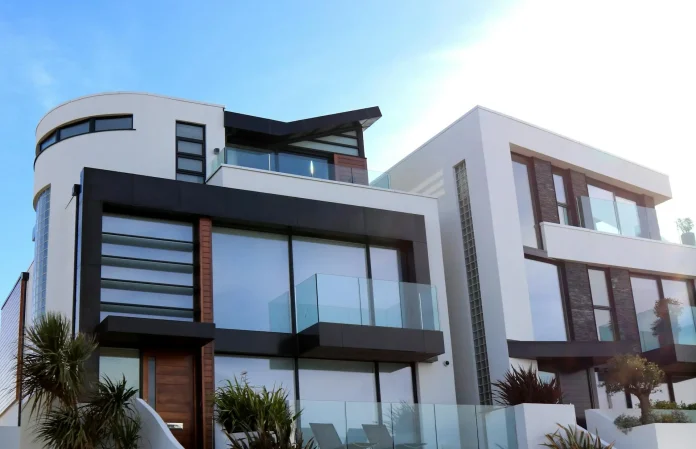This green shift is not just a trend but a fundamental change in how properties are designed, constructed, and operated, reflecting a broader commitment to environmental stewardship, social responsibility, and economic viability.
Thank you for reading this post, don't forget to subscribe!Embracing Sustainability
Sustainability in real estate goes beyond mere energy efficiency or eco-friendly materials; it encompasses a holistic approach that considers the long-term impacts of buildings on the environment and human health. Green buildings are designed to reduce the overall carbon footprint, conserve water and energy, and provide healthier living spaces for occupants.
The Drivers of Change
Several factors are fueling the green shift in real estate. Increasingly stringent environmental regulations require developers to meet higher standards of energy efficiency and environmental protection. At the same time, technological advancements have made green building practices more accessible and cost-effective, from renewable energy sources like solar and wind to innovative materials that improve insulation and reduce waste.
Economic and Social Benefits
The benefits of sustainable real estate extend beyond environmental conservation. Green buildings often lead to significant cost savings over time, thanks to reduced energy consumption and lower maintenance requirements. These economic advantages, coupled with the health and wellness benefits of living in green spaces, contribute to the overall desirability and value of sustainable properties.
The Business Case for Green Buildings

The surge in green building practices within the real estate sector is not solely driven by environmental ethics; it also presents a compelling business case. Green buildings, characterized by their sustainable design, construction, and operational practices, offer significant economic benefits that are reshaping the landscape of property management and real estate investment. This shift is evident in platforms like Shortzzz, a short-rental booking platform, where listings that highlight sustainable features increasingly appeal to eco-conscious travellers, illustrating the growing market demand for green accommodations.
Enhanced Property Value and Marketability
Green buildings often command higher property values and rental premiums compared to traditional properties. This value stems from their reduced operational costs, energy efficiency, and the premium that tenants and buyers are willing to pay for healthier, more sustainable living environments. For property management firms, this translates into more attractive investment returns and stronger competitive positioning in the market.
Operational Cost Savings
One of the most immediate benefits of green buildings is the significant reduction in utility costs. Energy-efficient appliances, water-saving fixtures, and better insulation lead to lower electricity, water, and heating bills. For property managers and landlords, these savings can be substantial over time, improving the net operating income of the property and, by extension, its overall value.
Attracting and Retaining Tenants
Sustainability features are increasingly important to renters and buyers, influencing their decisions on where to live or work. Properties that offer green spaces, energy-efficient systems, and healthy indoor environments are more likely to attract environmentally conscious tenants. Platforms like Shortzzz play a pivotal role in this trend by enabling property listings to highlight these sustainable attributes, making it easier for renters to identify and choose green accommodations. This not only helps in attracting tenants but also in retaining them, as satisfaction levels in green buildings tend to be higher.
Meeting Regulatory Requirements and Incentives
As governments worldwide intensify their focus on climate change, the regulatory landscape around real estate development is evolving. Green buildings are more likely to comply with these new regulations, avoiding potential fines and taking advantage of incentives for sustainable development. This proactive compliance not only mitigates risk but can also lead to direct financial incentives, such as tax credits, rebates, and grants, further strengthening the business case for green buildings.
conclusion
The business advantages of green buildings make a compelling case for their adoption in the real estate sector. Beyond the environmental and health benefits, the economic rationale—from enhanced property values and operational savings to regulatory compliance and market demand—underscores why sustainability is becoming a cornerstone of modern property management and real estate investment strategies. As platforms like Shortzzz continue to reflect these changing consumer preferences, the movement towards green buildings is set to accelerate, reshaping the future of real estate.


